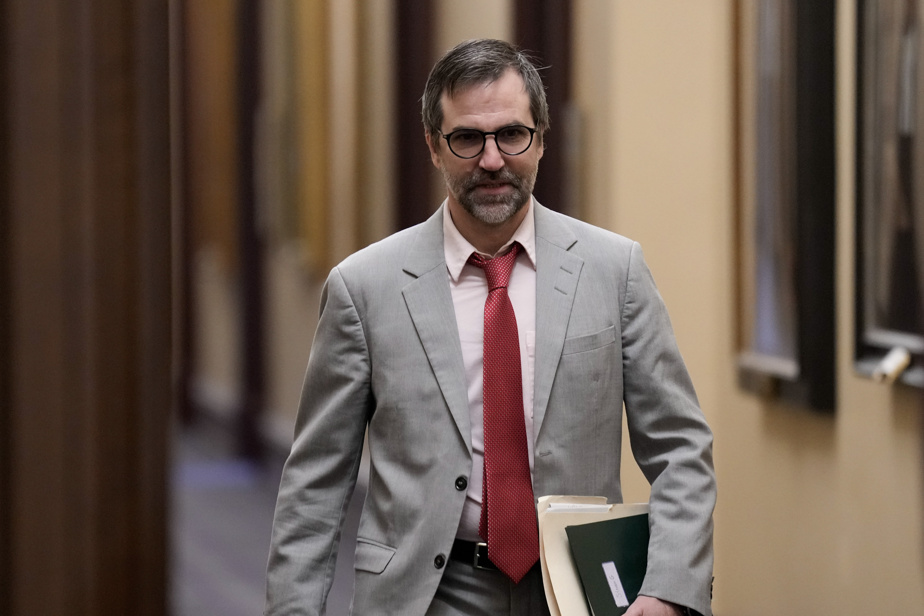Conservative Campaign Against Carbon Pricing Based on Flawed Report, Condemns Guilbeault
In a recent press conference, Minister of Environment Steven Guilbeault called out the Conservative party for relying on a flawed report in their campaign against carbon pricing. The report in question, published in 2022 by the Parliamentary Budget Officer, overestimates the negative impact of the federal carbon pricing. Despite this, the author of the report maintains that this does not change the overall conclusions. Guilbeault expressed hope that the Conservative party would acknowledge the inaccuracies in their campaign and the false premise it is based on.
The error in the report was quietly corrected on the Parliamentary Budget Officer’s website in April but only recently brought to light. The Secretary to the Minister of Finance, Ryan Turnbull, has reached out to the Parliamentary Budget Officer requesting that the forthcoming update to the report be more prominently displayed. This comes at a time when misinformation regarding carbon pricing is rampant, making it even more crucial for accurate and non-partisan analysis.
Parliamentary Budget Officer Addresses Flaw in Report
In an interview, Yves Giroux, the Parliamentary Budget Officer, downplayed the significance of the error, deeming it minor. He does not anticipate that the correction will alter the overall conclusion of the report on the economic impact of carbon pricing. Giroux emphasizes that while the distribution may slightly change, the fundamental impact of imposing a tax on fossil fuels in an economy heavily reliant on them remains the same. The carbon tax is set to increase by $15 per ton annually, reaching $170 per ton by 2030. It does not apply to Quebec and British Columbia, which have their own carbon pricing systems.
Impact of Carbon Pricing and Rebates in Canada
The carbon pricing scheme aims to incentivize individuals to adopt less polluting behaviors while offsetting the costs through rebates. The rebates, which can amount to $1800 for a family of four, are issued quarterly to help mitigate the expenses of the tax. Despite the recent revelations regarding the flawed report, the debate over carbon pricing and its economic implications continues to be a focal point in Canadian politics. It remains to be seen how this new information will shape future discussions and policies surrounding carbon pricing in the country.


















